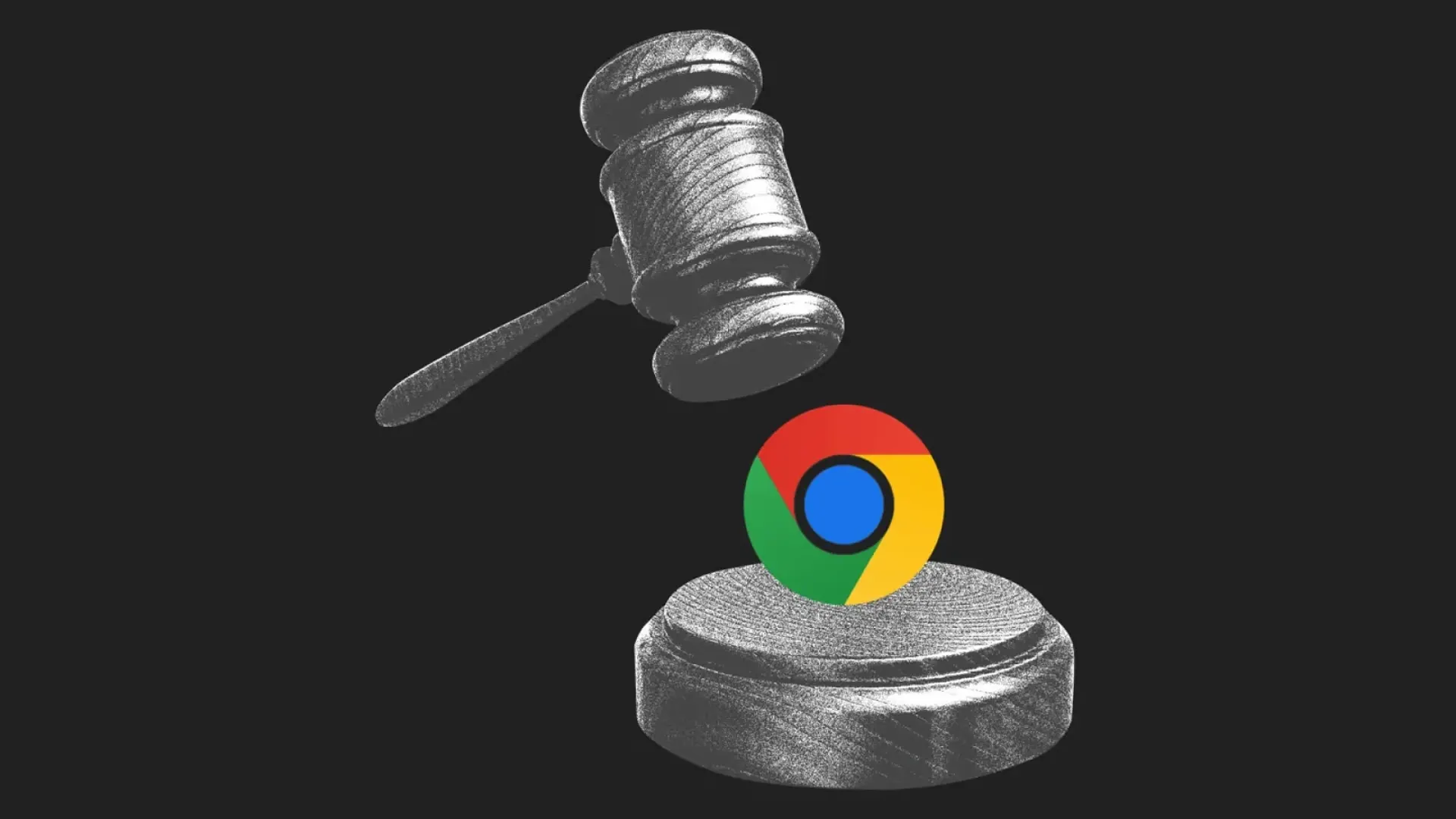Bloomberg: Google Pays Samsung 'Huge Sum of Money' to Pre-Install Gemini — Antitrust Case Details
Author: NaKmo Flow | 4/27/2025

Antitrust case against Google: a brief history
The US Department of Justice's lawsuit against Alphabet Inc. (Google's parent company) began in June 2020 with allegations of abuse of its dominant position in the online search and digital advertising market (Google could use AI to extend search monopoly, DOJ says as trial begins). After more than five years of investigation, on April 21, 2025, Judge Amit Mehta ruled that Google did indeed control the search market to the point of an illegal monopoly (Google could use AI to extend search monopoly, DOJ says as trial begins). As a result, the Justice Department was allowed to continue the trial and introduce new evidence.
Precedents and previous payments
Earlier, in a related lawsuit alleging violation of antitrust laws, it was found that Google paid Samsung about $8 billion from 2020 to 2023 to secure its services (Google Play, Search and Assistant) as pre-installed on Galaxy devices (Google pays Samsung huge amounts of money to pre-install Gemini ...). At that time, Judge Mehta found such agreements to be anti-competitive, but a final ruling was expected in the current trial.
Gemini Agreement Details
Payment Start: According to Peter Fitzgerald, Google's vice president of platform and device partnerships, the Gemini pre-installation program will start in January 2025, in conjunction with the launch of the Galaxy S25 series (Google Paid Samsung 'Enormous Sums' for Gemini AI App Installs).
Terms and Conditions: The contract is for a minimum of two years and includes:
- Fixed monthly payment for each device with Gemini pre-installed;
- Revenue share from subscriptions and in-app advertising;
- Revision of terms following the first year of cooperation (Google Paid Samsung 'Enormous Sums' for Gemini AI App (2)).
Amount of compensation: the exact amount was not disclosed, but during opening statements, Justice Department attorney David Dahlquist called it “enormous” (Google Paid Samsung 'Enormous Sums' for Gemini AI App Installs).
Arguments of the parties
Position of the Ministry of Justice
- Google's financial incentives make competing AI applications less visible to users;
- Exclusive and priority agreements limit choice and undermine competition in the AI and mobile platform market (Google contemplated exclusive Gemini AI deals with Android makers);
- The Ministry of Justice proposes to ban such pre-installations and oblige Google to abandon exclusive contracts.
Position of Google
- Cooperation with OEMs is a generally accepted practice that does not violate laws;
- The company is ready to abandon exclusive pre-installations while maintaining commercial deals;
- Google says its AI initiatives fall outside the scope of the antitrust case and do not affect the search market (Google could use AI to extend search monopoly, DOJ says as trial begins).
Impact on Samsung
For Samsung, the deal means:
- Guaranteed income from fixed payments;
- Additional income from a share of advertising and subscriptions;
- Increasing the attractiveness of devices due to the integration of a popular AI assistant.
However, the manufacturer risks coming under negative attention from regulators and the public due to possible sanctions (Google is paying Samsung an 'enormous sum' to preinstall Gemini).
Consequences for the market and users
If the demands of the Ministry of Justice are met:
- Ban on exclusive preinstallations of Google applications;
- Alienation of Chrome may stimulate the emergence of alternative browsers;
- Licensing search data will open access to new services.
This will give users:
- A wide choice of AI assistants when setting up devices;
- The ability to easily connect alternative solutions;
- Increasing the level of innovation and quality through competition.
Expert opinions and forecasts
Antitrust lawyers note that the decision in this case could become a precedent for the software and AI market, defining the boundaries of permissible partnership agreements between technology companies and device manufacturers (Google could use AI to extend search monopoly, DOJ says as trial begins). NYU competition law professor Helen Greenwood believes that banning exclusive deals will be the most effective mechanism, as it will allow alternative solutions to enter the market without disruption.
Timeline of the process
- June 2020 — DOJ files lawsuit;
- October 2023 — Android abuse case hearing;
- April 21, 2025 — Judge Mehta rules Google monopoly;
- April 2025 — Gemini deal revealed at hearing;
- July 2025 (expected) — final decision and possible sanctions.
Read all the details on nakmo.net and stay updated with the changes in the tech world.